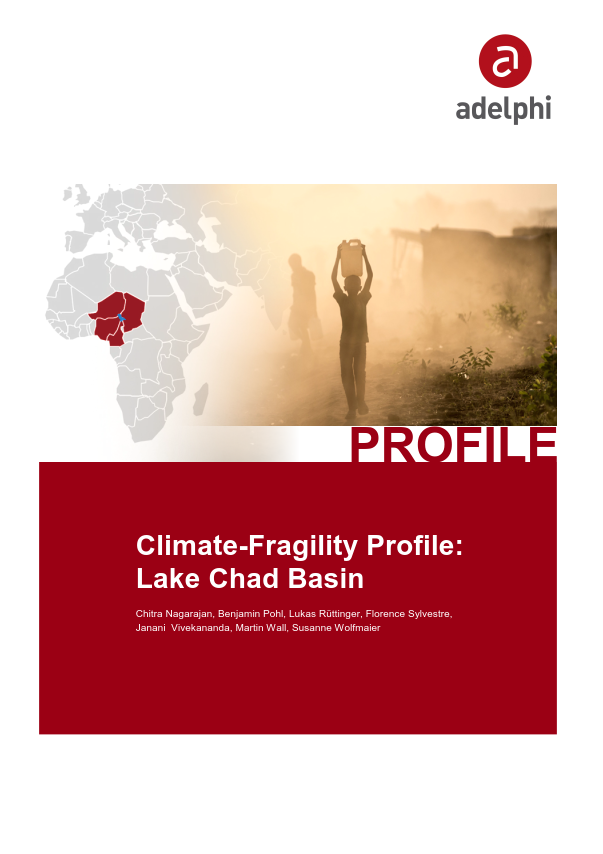Land grabbing and forest conflict in Cambodia: Implications for community and sustainable forest management
As a global phenomenon, land grabbing has significant economic, environmental, and social impacts, often resulting in serious conflict between the local community and outsiders. The aim of the study is to get a deeper understanding of the extent to which land grabbing and resulting land-use conflicts affect the move towards sustainable forest management (SFM) in Cambodia. Two case studies were conducted involving community forests (CFs), with data collected through literature review, key informant interviews, focus group discussions, and field observations.






